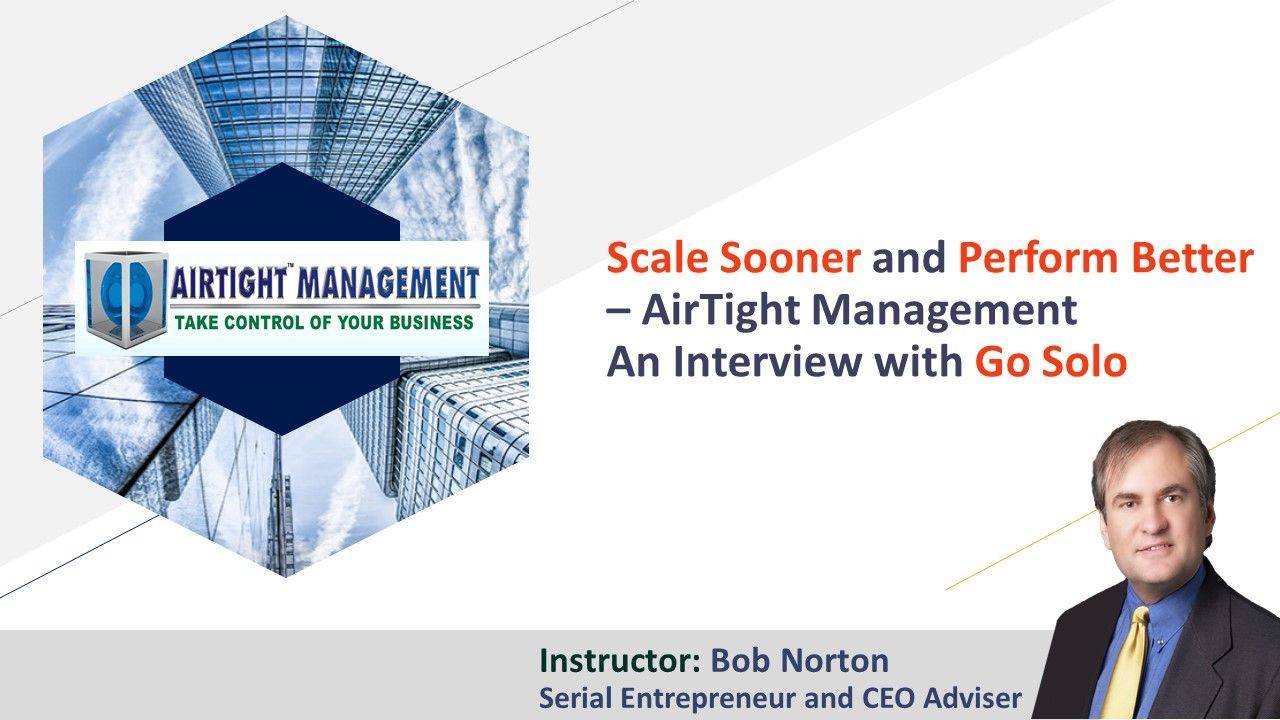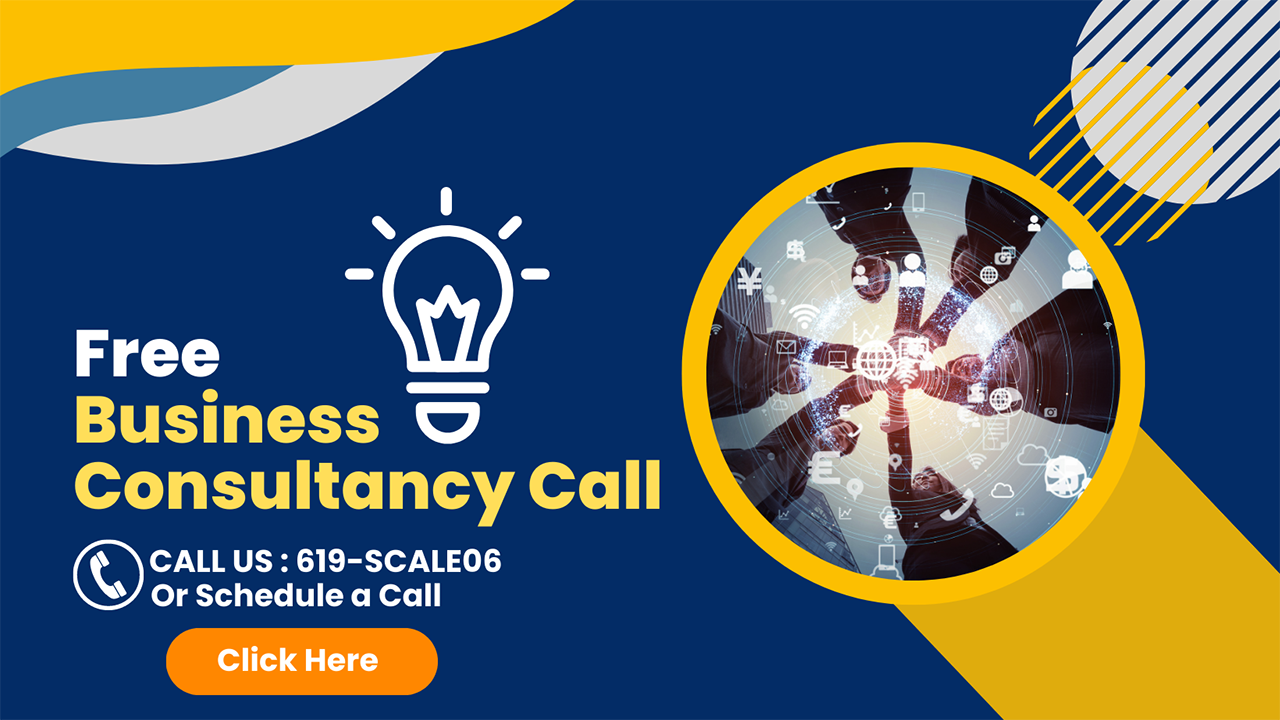What Are the Best Practices for Building A Strong Team Culture in A Startup Environment?

Here is a short list, but there are many more things which come only from experience and feel interviewing. This is why it is best to have at least 15 years' professional experience before starting a company.
- Hire the best people you can afford, using stock options to find the ones that really care about the mission and will take submarket salaries to be on the mission.
- You need 3 key founders: Operator, visionary and sales/marketing head. All with 15 years' experience and long-term commitment. Ideally, willing to put in some cash too.
- CEO should screen first 100+ employees personally to set the culture well. Maintain a flat organization as long as possible, often until you have 15 employees, to avoid politics and have strong communications. All startups are a learning experience and need to adjust and pivot.
- We call the ideal culture a Darwinian Meritocracy(TM). It evolves with all inside and outside factors (agile, reorgs) and rewards results, honesty, shared values, hard work...
How can you ensure consistent customer service training for employees in your small business?

It all starts with a strong, documented values statement that is taken very seriously at every stage. This means enforcing it and using it as a basis for reviews, bonuses, and promotions in a visible way.
Here are more key component of a process that will work:
- Training for employees in this and your company's value proposition. Including ethical behavior for long-term, mutual benefit. A win-win relationship with customers, not a transactional one. A culture of customer service. Employees are not allowed to bad mouth customers. That is attitude and can run off the rails if not limited.
- Use video recording Learning and Development system (LMS) for consistency and easy initial training to guarantee every employee is trained and tested properly.
- Have a customer feedback loop, like listening in on calls, as Amazon executives are required to do. What is watched is taken seriously. This is called the Hawthorn Effect. i.e. a sign-out sheet on the supply cabinet reduces theft because it...
What Are The Key Skills And Qualities That Every Successful Entrepreneur Possesses?


The personality traits that a strong entrepreneur must have include:
- Tenacity and the ability to ignore naysayers when they have deeper understanding of the problem the company is trying to solve
- Vision - The ability to see the future trend they are either creating or trying to leverage
- Intelligence - The critical thinking skills to properly weigh the many factors that are needed for most business decisions
- Leadership - The ability to convince others to follow them which comes from showing the skills and personality traits listed here
- Management skills to recruit and manage quality people, especially managers and people with passion to build out the needed skill sets
- Innovation - The ability to see beyond what the solution to the problem is today and design a significantly better one that can be delivered with a profit
- Focus - The ability to focus on one...
What are the Most Common Mistakes that Entrepreneurs Make?

Here is a short list of others, because there are hundreds:
- Assuming you can raise capital before you have a product, most cannot.
- Not building a team of 2–3 founders who can work for cheap or free for a year. You need this to build an MVP. This team needs marketing, sales and technical skills, not just product development, as the vision needs to be complete with a sales and marketing plan that requires senior expertise.
- Not doing sufficient market research and competitive intelligence to understand the target market and customer. Many are so paranoid of their idea being stolen (ideas are worthless, BTW) that they fail to validate their product/service.
- Pure arrogance and stupidity, yes, this may be 50%. They believe they can get others to do the hard work they need to do and keep the company. Some even believe they can just hire a CEO and give them 10% and keep 80% for themselves. Why would any experienced CEO ever do that when ideas are a dime a dozen, and they can just...
What is Your Resource Saving Tip for Individuals?

According to this source, resources needed from the planet will be exceeded by human demand this August. I guess this means more people starve and suffer soon. I find most corporate ESG initiatives to be all PR and no real meat or commitment. What are you doing to reduce the human footprint on the planet?
So many easy things every individual can do. Interestingly, I learned today from a related chart you can see at link below that almond milk uses 40.9% less water than cow's milk. And my doctor recommends it for less cholesterol, too. These easy choices can help.
Same with eating less red meat and more veggies. Better for you, too. ;0)
Two-thirds of the economy is the consumer, and so our choices matter. I started donating to Greenpeace in the 1980s when the Rainbow Warrior sailing ship was covertly bombed by the French gov't (evil), showing total disregard for not just whales, but also the law, people, free speech and the planet as a whole. Forty years later, we...
Scale Sooner and Perform Better - AirTight Management An interview with Go Solo

Scale Sooner and Perform Better - AirTight Management
An interview with Go Solo
This interview speaks to what is needed is to begin scaling and targeting companies that have some product market fit and are ready to begin growing.
What's your business, and who are your customers?
We help businesses with 5 to 200 employees scale their business by installing all the systems needed for strategy, management, metrics, process improvement, budgeting, and human capital.
Tell us about yourself Bob
As a serial entrepreneur for 14 years, I built and sold four different companies, returning 25x ROI to my investors and over $1 billion in profits.
What's your biggest accomplishment as a business owner?
Disrupting the real estate industry by creating the first high-definition, remote touring for residential real estate. Also disrupted financial services with five different products and created The CEO Boot Camp (2004), where we have trained thousands of CEOs and entrepreneurs in best...
What are the most common mistakes you have seen founders make when they start a business?

Prepare for years in advance by study and experience in management, leadership and smaller companies. Read 2–4 books per month. Always be learning. Now, you can build a tiny house alone, but building a significant company requires a team without about 20 different skills that no one person possesses. Many think they can build a skyscraper alone, even without capital! Dumb. A formula for disaster and why 85% of new companies fail. It takes tremendous commitment and perseverance and is always a rollercoaster ride. Almost never a straight, predictable, linear process.
Here are some great educational sources I have created to solve this exact problem click here to check
Click here to check our all Certification Programs

All entrepreneurs and CEO must be committed to life-long learning. After 31 years as a CEO it gets hard to find and learn new things, but the world changes and there is always something new to learn. Most success comes from great strategy and great team....
Should I join a company as a Founder?

If you have to ask this question, you are likely not passionate enough or ready in other ways to do this. The commitment to any startup is likely five or more years. And long working hours that can easily be sixty-to-eighty-hour weeks at times. As a result, you need to know for certain you would both enjoy the work and are qualified to do the job offered. You also need to do your due diligence to understand the company’s team, finances and chances of success. About 85% of startups will fail. Just a fact.
Asking about a specific company is almost not relevant because the decision process for you is the same and we (advisers here) do not know your background or private information about the company. Nor did you say if this was a promotion, good salary, equity offer, no pay, or whatever. All 100% relevant to any answer.
My main career advice to people is, “Always be learning”. By increasing your knowledge and experience, your market value and options will go up....
When is the right time to get adviser/board of directors for a startup?

Firstly, these are two very different things. A BOA is usually a domain expert while a BOD member may bring skills like finance, sales, operation, scaling, marketing or other expertise. Too many boards are dominated by investors who only know finance.
The right time to start is yesterday. Usually as soon as you are clear on the mission of the company, which allows you to build out the skills you need on your team. It takes time and patience to develop a BOA member. Few want any formal connection until some value has been built, as the risk is so high, like 90% that the company will go nowhere for a long time. You can work with them informally and work your way up to something more formal when needed.
An informal Board of Advisers (BOA) can be started very casually and develop over time. Start with lunch and discussions to get their input of the business plan. Tell them everything, hold back nothing. Be vulnerable to show you are coachable and will listen to people with other...
How Big Must A Market For An MVP And Market Entry Strategy Be?

Absolutely. That is called a “niche” and often is the intersection of a vertical market and application/problem. And even smaller is okay and sometimes an advantage in the beginning. Of course, you also need a vision and steps into larger markets. Generally, $1 billion minimum if you seek institutional capital, as they only invest in companies that can reach $100M in sales after 5–6 years.
Even if your price point is $250 that’s a $12.5M market opportunity. Which may be enough to validate your product, tune it, prove your value proposition, price point, marketing, and sales economics to raise funding and go after larger markets.
An MVP and initial market entry is best smaller, so you are not facing competition from much larger companies and can be the only solution to that problem in that niche. An ideal market size is probably $100M to $250M, but is fine as long as your offering is unique and has some barriers to entry.
Tesla’s first product, the...



